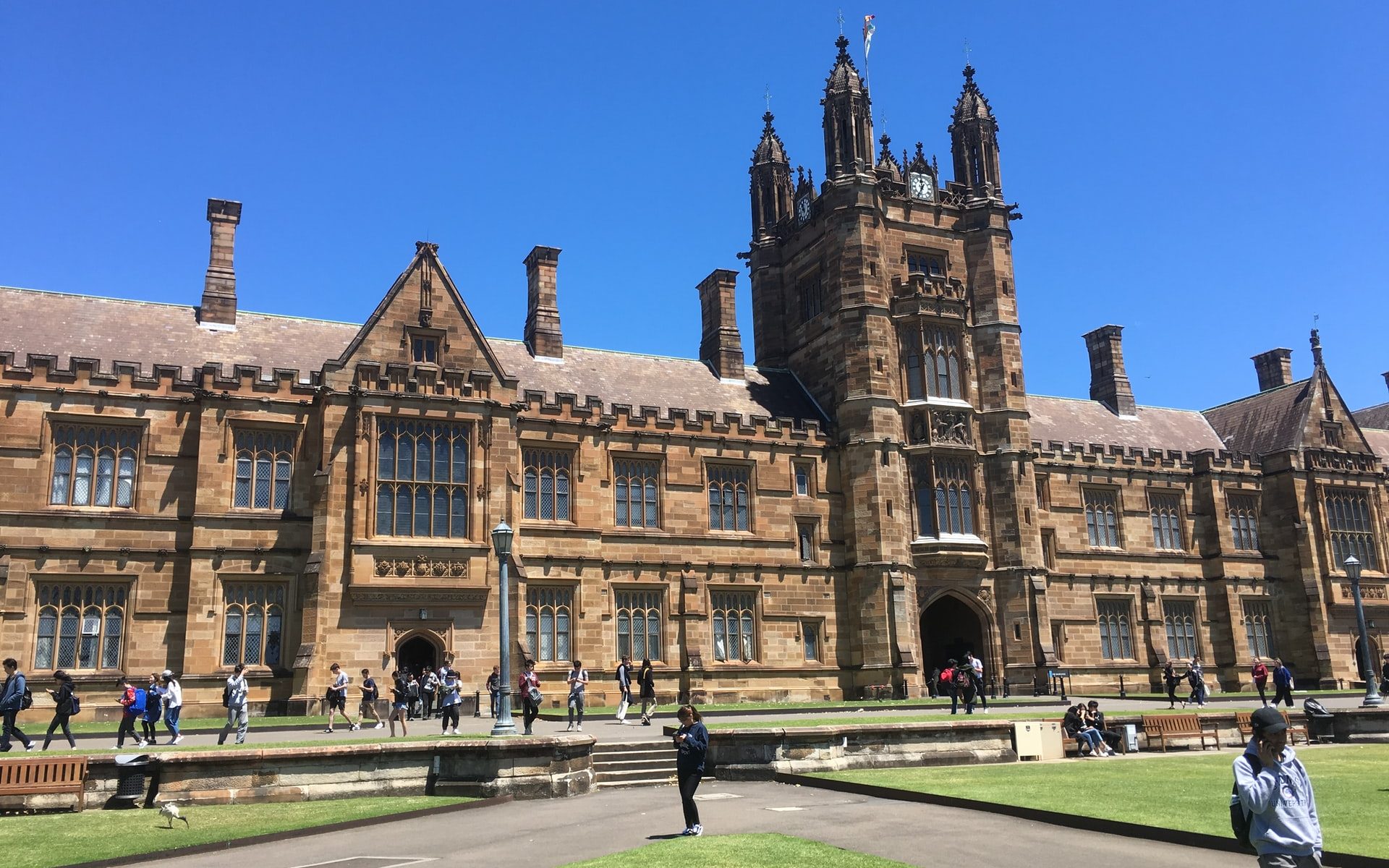This refers to any institution of higher learning which is managed/supervised by private, non-governmental entities. The major difference between public and private institutions lies in the way they receive their funding. Public institutions receive funding from the government, while private institutions are funded by endowments and other private sources. Private colleges or universities can be either nonprofit or for-profit. Nonprofit schools focus solely on providing students with quality education, while for-profit schools are run like businesses and are mainly concerned with generating a profit. As a result, nonprofit schools often boast better reputations than for-profit colleges or universities.
Students planning to apply to private colleges or universities should be aware of their advantages and disadvantages.
The advantages include:
Close-knit community: Most private colleges have a strong student community. Students closely communicate with professors and attempt to involve everyone in campus activities. Private schools are usually a better option for students looking to be part of a vibrant community,.
Smaller class size: Students who thrive in smaller environments should join private colleges or universities. Even at larger private schools, the class size is much smaller than that of public schools.
More grants and scholarships: Both public and private schools provide federal financial aid to students. However, private schools often have more money available to award scholarships and grants because of their large endowment funds. Therefore, while private schools are usually more expensive than public schools, students who’re eligible for financial aid programs may find them affordable.
The disadvantages include:
High cost of attendance: The cost of attendance at private schools is typically higher than in public schools. This is because private schools rely on tuition for a significant portion of their funding. Students, for whom cost isn’t a key concern, may consider applying to a private institution. However, if finances are a major concern and the student isn’t eligible for financial aid packages, they should consider all of their alternatives before committing themselves to substantial student debt.
Fewer program offerings: In terms of program offerings, private schools tend to offer fewer majors than public schools. Students who’ve a specific program, degree, or major in mind may have to search thoroughly to find out a private school that offers it. On the contrary, a public university typically offers a wide range of majors and minors to choose from.
Limited research opportunities: Private schools tend to have fewer student resources and limited research facilities. Therefore, for students who’re serious about leveraging their institution’s resources to conduct academic research, attending a private school may not always be the best option.

